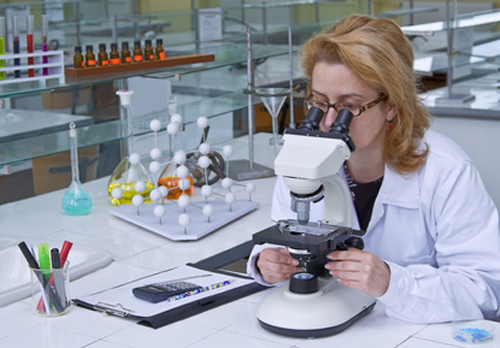NDA submission for 80 mg version prompted FDA to ask for a second Phase III trial.
A Phase III study with GTx and Ipsen’s toremifene 20 mg failed to meet its primary endpoint of significantly reducing the incidence of prostate cancer in men with high-grade prostatic intraepithelial neoplasis. The placebo-controlled study of this selective estrogen receptor modulator was conducted in nearly 1,600 men. The results showed that while therapy lead to a 10.2% reduction in the relative risk of prostate cancer developing over three years, statistical significance was not reached.
GTx says that it intends to review all data from the study later this year. In the meantime, GTx and Ipsen are continuing their Phase III development of toremifene 80 mg for reducing the risk of fracture and other estrogen-deficiency side effects in prostate cancer patients receiving androgen-deprivation therapy. The first pivotal Phase III study with toremifene 80 mg was successfully completed in 2008 and an NDA subsequently submitted to FDA.
In October 2009, however, the agency requested another Phase III trial with toremifene 80 mg in these indications. GTx says that it will meet with FDA later this year to finalize the design of this second Phase III study, TREAT 2, which it plans to initiate during 2010.
Remarking on today’s announced failure of toremifene 20 mg, Simos Simeonidis, Ph.D., senior biotechnology analyst and Yatin Suneja, associate biotechnology analyst, from Rodman & Renshaw, say, “Unfortunately, we see this as game over for toremifene 20 mg. Even if the company or a potential partner decide to have another go at it with another Phase III trial, as they are planning to do with the 80 mg dose, we don’t believe that an additional Phase III has a decent chance of providing a different outcome.
“We expect GTx shares to trade around the $2 mark near-term,” they continue. “Even though we believe that the majority of the pain is now out of the way for GTx after two failed Phase III trials, we believe there will be more pressure on the stock on the expectation of either a dilutive financing sometime this year or M&A activity in order to gain access to more assets and more cash sometime in the next 12 months, and we are thus lowering our price target from $1.75 to $1.25 per share based on our sum-of-the-parts valuation. We expect that the company will announce more cuts in order to preserve its remaining capital sometime in the near future.”
As a positive, though, Dr. Simeonidis and Suneja point out, “As of the latest filings, the top five GTx insiders hold 65% of the shares, which will continue to provide some support/stability to the shares, since we believe that most of these holders will hold on to their stake for the long-run.”
GTx secured funding for the new Phase III trial with toremifene 80 mg in March as a result of the firm’s expanded development partnership with Ipsen covering both versions of the drug. Under the terms of the amended agreement, Ipsen will pay GTx up to €42 million (about $51.44 million) in milestone fees related to the initiation, enrollment, and progression of the second toremifene 80 mg Phase III trial. In return GTx has granted Ipsen the right to either co-promote toremifene 80 mg in the U.S. or to receive a double-digit royalty stream on net sales in the U.S.
Ipsen also receives a license to market the drug in certain territories outside its existing European remit. The countries include Australia and certain markets in North Africa, the Middle East, and Asia, excluding Japan. GTx has in addition waived Ipsen’s previous contractual obligations to pay any remaining milestones relating to European approval of toremifene 80 mg.
The firm separately received a first right of negotiation under certain conditions for defined rights to GTx-758, an oral LH inhibitor currently in a Phase II trial as a first-line treatment for men with advanced prostate cancer. “We like the profile of the company’s oral LH inhibitor, GTx-758, and we believe that there is a better than average possibility that we will see a positive Phase II result come out sometime this summer, which should provide a boost to the shares and renewed hope in the future of this urology-focused company,” Dr. Simeonidis and Suneja note.






